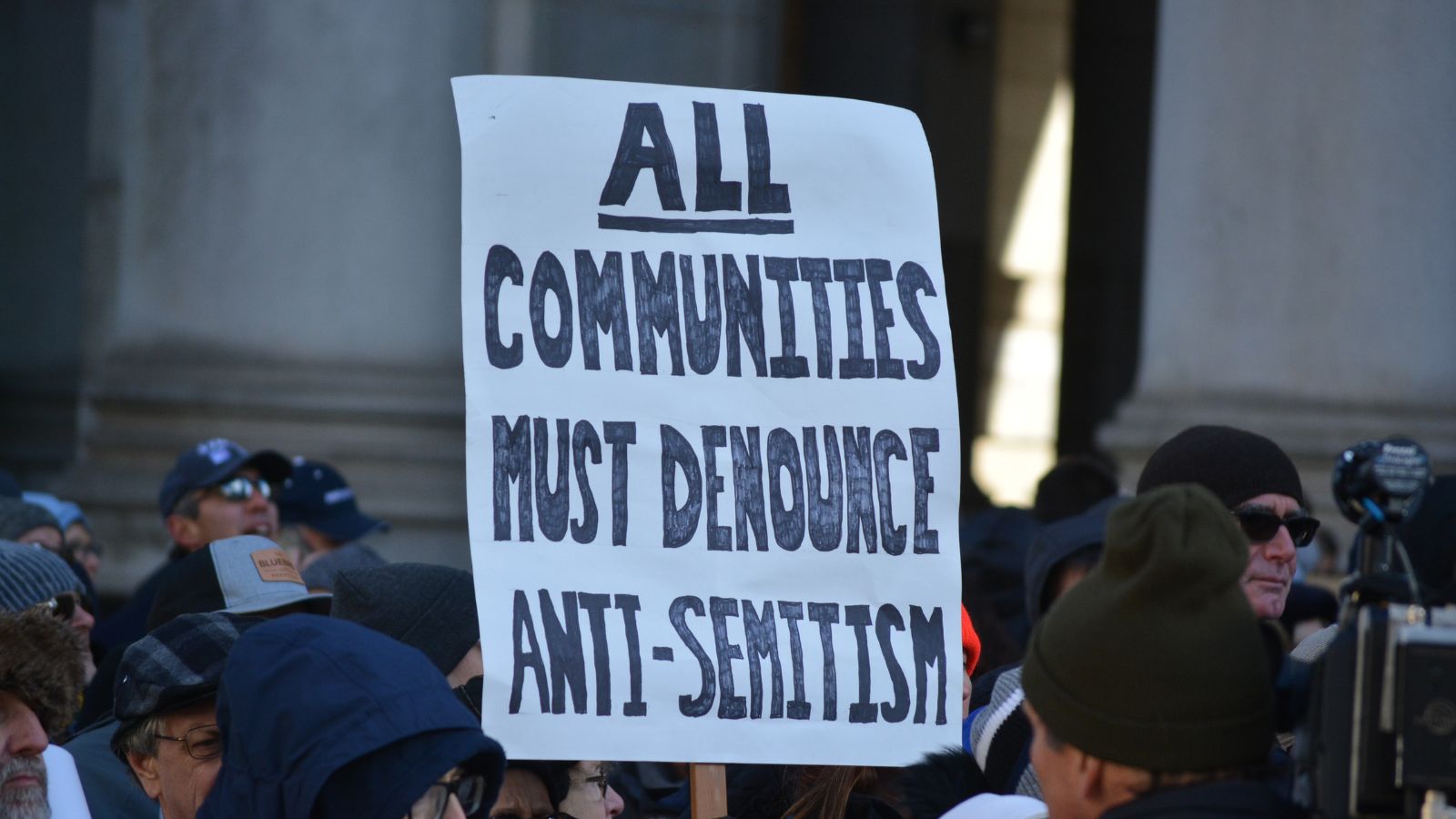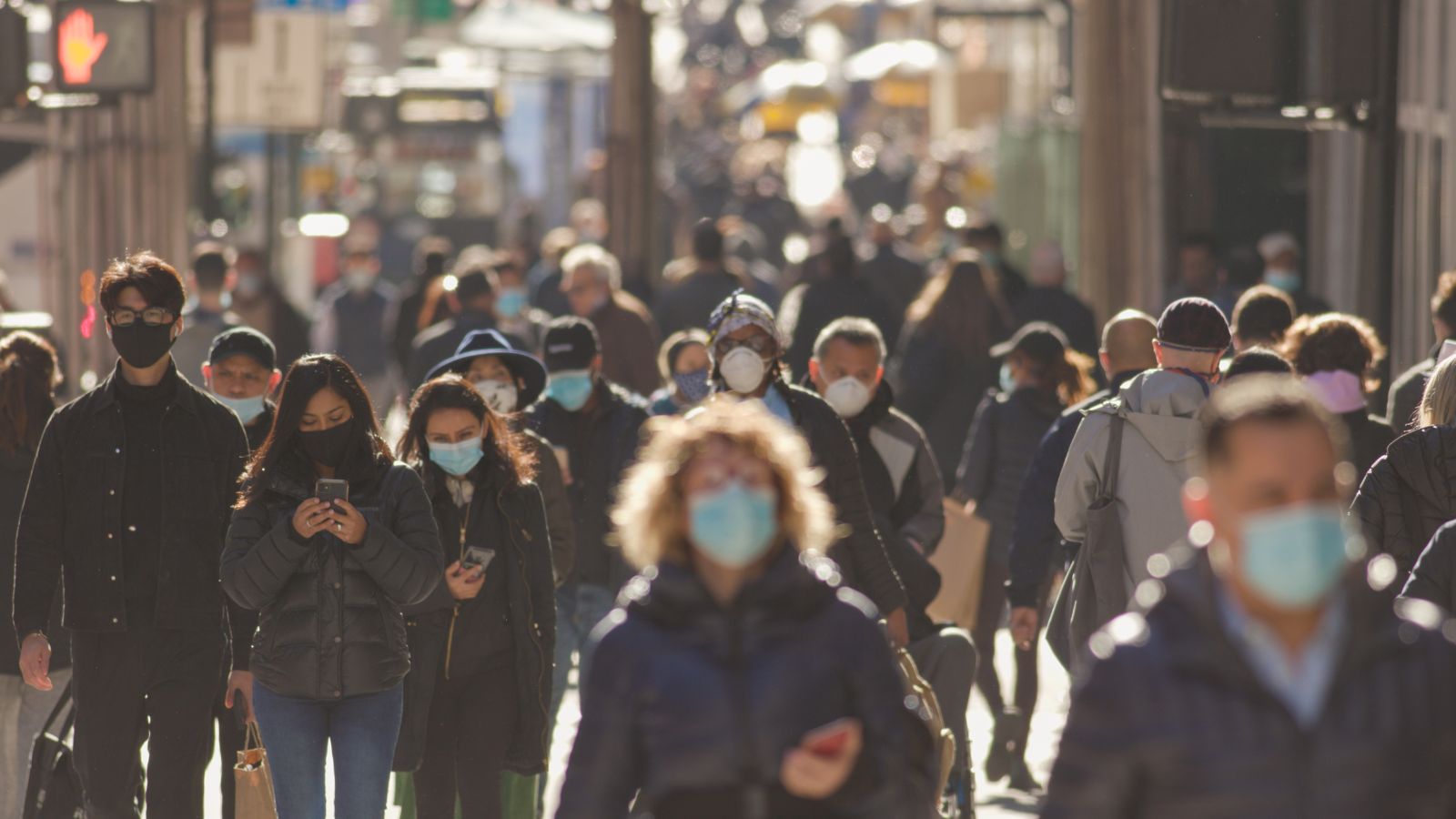Cancel culture has become a powerful force in today’s society, shaping how we interact and view public figures, brands, and even friends. While it started with the intent to hold people accountable for harmful behaviour, it has spiralled. Here are 18 harmful ways cancel culture is impacting society.
Stifling Free Speech

According to the BBC, under free speech, “You have a right to voice an opinion without censorship or punishment.” One of the most troubling aspects of cancel culture is how it stifles free speech. People are increasingly afraid to express their opinions, even in good faith, for fear of being “cancelled.”
Encouraging Mob Mentality

Cancel culture often encourages a mob mentality, where people jump on the bandwagon of outrage without fully understanding the issue at hand. This can lead to the rapid spread of misinformation and the unjust targeting of individuals or groups.
Promoting Division

Instead of promoting understanding and bringing people together, this sort of cancel mentality often deepens divides. It tends to pit people against each other, creating an “us versus them” mindset, and this polarisation can break down social connections.
Ruining Reputations Without Evidence

In a time of cancel culture, accusations can sometimes be enough to ruin a person’s reputation. Even if the claims are unproven or exaggerated, the court of public opinion often acts swiftly and harshly. This can lead to irreversible damage, even if the person is later found to be innocent.
Suppressing Artistic Expression

Artists, writers, and creators are increasingly finding themselves at risk of being cancelled for their work. Whether it’s a controversial film, a provocative book, or a challenging piece of art, cancel culture can suppress creative expression. This environment stifles innovation and discourages artists from pushing boundaries.
Promoting Fear and Anxiety

The fear of being cancelled can lead to heightened anxiety among individuals, particularly those in the public eye. People are constantly worried about saying or doing the wrong thing—even unintentionally. This fear can be paralysing, leading to self-censorship and a reluctance to engage in meaningful conversations.
Discouraging Growth and Learning

Cancel culture leaves little room for personal growth and learning from mistakes. When someone is cancelled, they are often permanently shunned, regardless of any efforts they make to change or apologise. This unforgiving attitude discourages people from acknowledging their mistakes and learning from them.
Undermining the Justice System

By bypassing legal and institutional channels, this sort of mindset often undermines the justice system, as instead of allowing due process to take its course, the public acts as judge, jury, and executioner. This can lead to unfair outcomes where individuals are punished without a fair trial.
Impacting Careers and Livelihoods

The impact of a cancelling society on careers and livelihoods can be devastating. Being cancelled can result in job loss, loss of income, and even an inability to find future employment. The ripple effects can be far-reaching, affecting not just the individual but also their families and communities.
Silencing Marginalised Voices

Ironically, cancel culture can end up silencing the very voices it claims to protect. Marginalised individuals who speak out on controversial issues may find themselves targeted by cancel culture, especially if their views don’t align with the mainstream narrative.
Fueling Online Harassment

A society intent on silencing people often fuels online harassment, with individuals facing an onslaught of negative comments, threats, and doxxing (the sharing of private information online). This toxic behaviour can have serious real-world consequences, including emotional distress, loss of privacy, and even physical danger.
Creating a Culture of Perfectionism

Promoting an unrealistic standard of perfectionism, where people are expected to be flawless and never make mistakes, cancel culture creates an impossible standard for anyone to meet. It can lead to feelings of inadequacy and low self-esteem, and people may become overly cautious.
Reinforcing Echo Chambers

In an effort to avoid being cancelled, people may retreat into echo chambers where their views are never challenged. This can reinforce existing beliefs and make it harder for individuals to engage with differing perspectives. These echo chambers contribute to the polarisation of society.
Eroding Trust in Media

The role of the media in a society that values cancelling people has also come under scrutiny, thanks to sensationalist reporting and the rush to break stories, which can lead to the spreading of inaccurate or incomplete information. This has contributed to a growing distrust in the media, as people question the motives and accuracy of what they read.
Discouraging Constructive Debate

Constructive debate is essential for a healthy society, but cancel culture often discourages it. When people are afraid of being cancelled for sharing their views, they may choose to stay silent. This stifles the exchange of ideas and prevents society from grappling with complex issues thoughtfully.
Enabling Hypocrisy

As people may publicly support certain causes while privately holding different views, the culture of cancelling individuals can also enable hypocrisy. This creates a culture of performative activism, where individuals and organisations engage in surface-level gestures to avoid being cancelled, rather than making meaningful changes.
Damaging Relationships

The divisiveness of this mindset can also spill over into personal relationships. Friends, family members, and colleagues may find themselves at odds over differing views, leading to strained or broken relationships. The fear of being cancelled can make people hesitant to express their true feelings, leading to a lack of honesty.
Limiting Forgiveness and Redemption

Finally, cancel culture limits the possibility of forgiveness and redemption, where there is little room for second chances, and this unforgiving attitude can be harmful. A society that values forgiveness and the possibility of redemption is one that allows people to grow, change, and contribute positively in the future.







